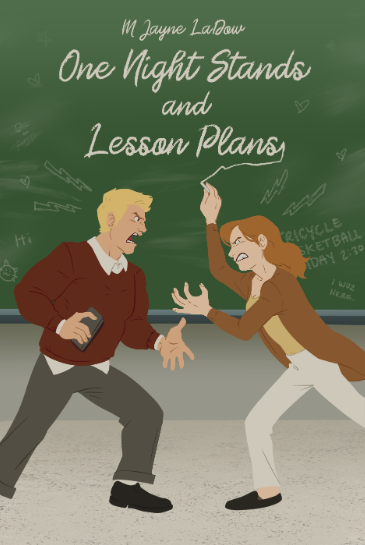
This post is part of Long and Short Reviews’ Winter Blogfest. Leave a comment for a chance to win a signed copy of my debut, award-winning novel – Riders of the Tides. The same prize will be awarded to anyone providing a review of my soon-to-be-released novel, The Grotto.
Family Holiday Stories
Family stories are important to recall and be told during the holidays. One that I shall always remember was told to me by my father.
In October 1929 the stock market crashed and it was the beginning of the Great Depression. Earl, my future father, would turn fourteen in three months. There were no millionaires in his family at the time so there was no wealth to lose. They lived from payday to payday. But like millions of American working families, jobs disappeared. His family lived a hardscrabble life on the coast of Washington State where jobs were pretty much limited to fishing and logging. One day Earl’s father announced that he would try to find work on the docks of the Seattle waterfront. Earl never saw him again, but years later learned that he survived the Depression and ultimately became a Union boss when laborers organized.
The holidays of 1929 and for eight ensuing years were hard times. His mother began working as a cook in a logging camp, toiling long hours over a wood-burning stove, baking and preparing meals for hungry loggers. She had little time to see about Earl’s upbringing. He and his cousin William were left to be raised by an old Indian whose name was Unck. In a way, it was a good match. Unck was a self-sufficient person. If he needed food, he hunted or fished for it. If he needed certain items to survive, he made them himself. He passed these skills on to Earl and William. When not in school, they paddled canoes up North River to fish, crept through the tidelands of Willapa Bay to hunt for ducks and geese, and walked for miles on the broad beaches and tide-flats digging razor clams or collecting oysters to sell for a few dollars. Because of everything Earl learned from Unck, there were a few additional dollars to support the family and there was always food on the table.
One year, the day before Thanksgiving, Earl’s mother called him into the kitchen. “Earl, we have no money to buy a turkey for our Thanksgiving dinner. I need you to go hunting.” Earl readily agreed as he had become a good shot and knew he could get what they needed. His mother added to her request. “There will be ten people to feed. So, bring me five large ducks.” Earl went to get his shotgun and discovered that he only had one shotgun shell. He had no money to buy any more ammunition. So, he took his gun and went to find Unck. The two of them set out for the marshes near his home not knowing how they would meet his mother’s request.
The annual water foul migration had begun and the ponds in the marsh were resting locations for thousands of ducks. Unck picked out a likely pond and they hid in the reeds and waited. They waited for hours as ducks flew in and landed on the pond. When Unck gave the word, Earl jumped up and fired his one shot. Dozens and dozens of water foul rose from the pond and flew away but when the scene became quiet, the bodies of five ducks lay floating on the surface of the pond. Earl and Unck gathered up the ducks and headed for home. It would be a fine Thanksgiving dinner of roasted duck, oysters, and fresh-baked apple pie.
Brooklyn never knew her father. But when Vince James, a down-on-his-luck, Tlingit Indian shows up and pleads for Brooklyn’s mother to help him, her mother unwittingly agrees to go with him and then disappears. Brooklyn, with a strange group of friends that include Tony, a Tlingit boy she once loathed, an Alaskan sourdough named Luther Calhoun, and Bingo Bob, who is considered the town drunk, sets out to find and rescue her from a person set on vengeance.
Fredrick Cooper was born and raised in the Pacific Northwest and lived in Alaska for many years. Before obtaining a doctorate in civil engineering and pursuing a professional career, he worked as a road surveyor, longshoreman, commercial fisherman, cannery worker, and even as a technician and news anchor for a cable television station in a small community in Alaska. He is of Coastal Salish and Lower Chehalis Band descent and is enrolled with a Northwest Indian Tribe. In addition to his second career in writing fiction, he is a master woodcarver, specializing in Native American artifacts such as canoe paddles and ceremonial items. He is a member of the Pacific Northwest Writers Association and the Willamette Writers and his novels have received several awards. He currently lives in Portland, Oregon and is working on another story.
Buy the book at Barnes & Noble.

























Thanks for sharing that story. Life was different then.
nice stories to share